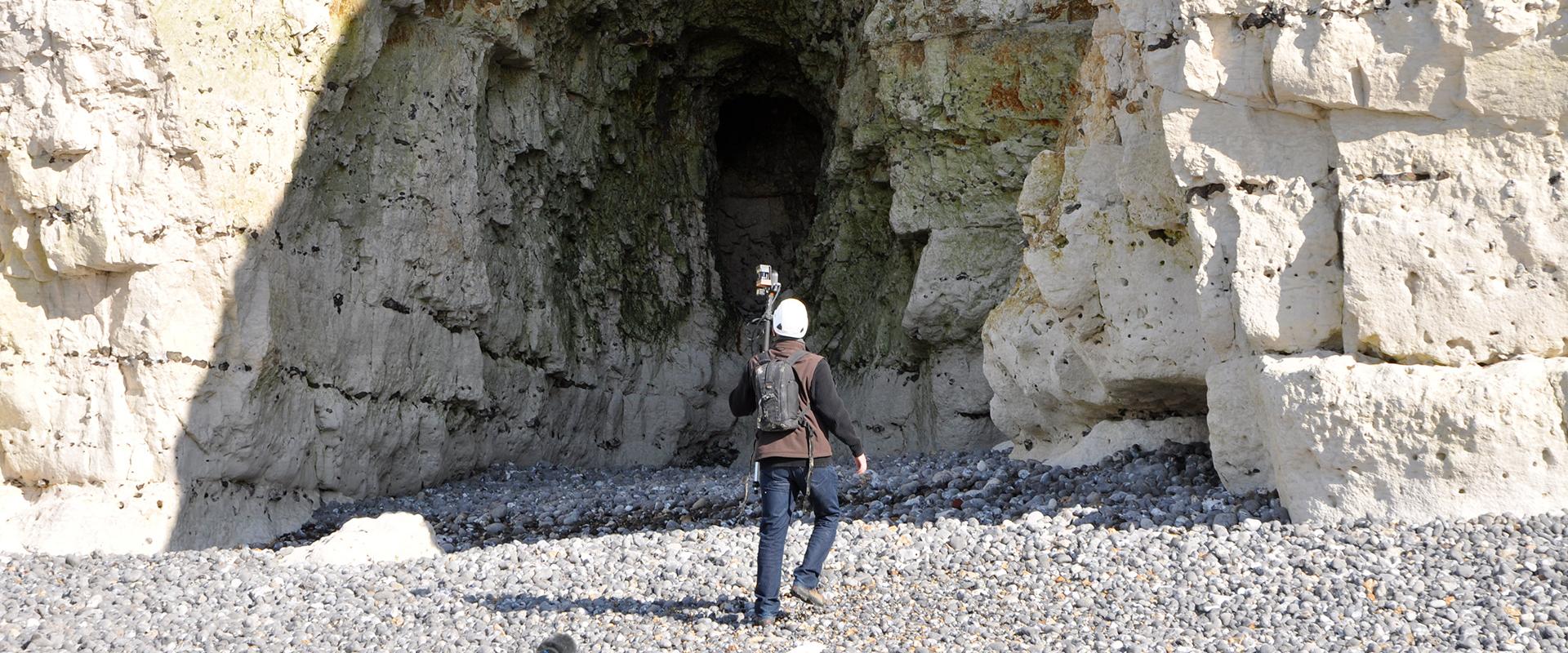Our already fragile coastlines are directly exposed to the impacts of climate change effects: rising sea levels and increasingly frequent storms are affecting patterns of coastal flooding and coastal erosion. Coastline change is a critical issue that the State and local government in coastal areas have to anticipate, hence the establishment of a national committee for coastline monitoring and integrated management.
The committee, whose members are local government associations, NGOs, socio-economic players, experts and government services, met on 30 January 2018 at the Ministry for the ecological and solidarity-based transition.
BRGM closely involved in the 2018 coastline monitoring roadmap
The BRGM was represented at the meeting by its deputy managing director, Pierre Toulhoat, and the director of the risks and risk prevention division, Jean-Luc Foucher. The roadmap for 2018, in which the BRGM is closely involved, was presented at the meeting. Milestones in the road-map include establishing a network between coastline observatories (RNOTC), support to the implementation of local strategies and integration of natural ecosystems for coastal area adaptation.
The BRGM is closely involved in the RNOTC network and a signatory, since early this year, of the Charter of the national coastline monitoring observatories. It will contribute to the following activities:
- encouraging observatories, especially those in which the BRGM is involved on the technical side, to sign the Charter,
- establishing the network's Web platform (as a technical tool for members and for communication across the network and towards the public) in cooperation with the Ministry for the ecological and solidarity-based transition and the CEREMA,
- setting up an initial leadership group (BRGM, CEREMA, CNRS) to prefigure the network's steering committee,
- launching initial studies by the network's working groups (data, common tools, acquisition protocols, etc.).







